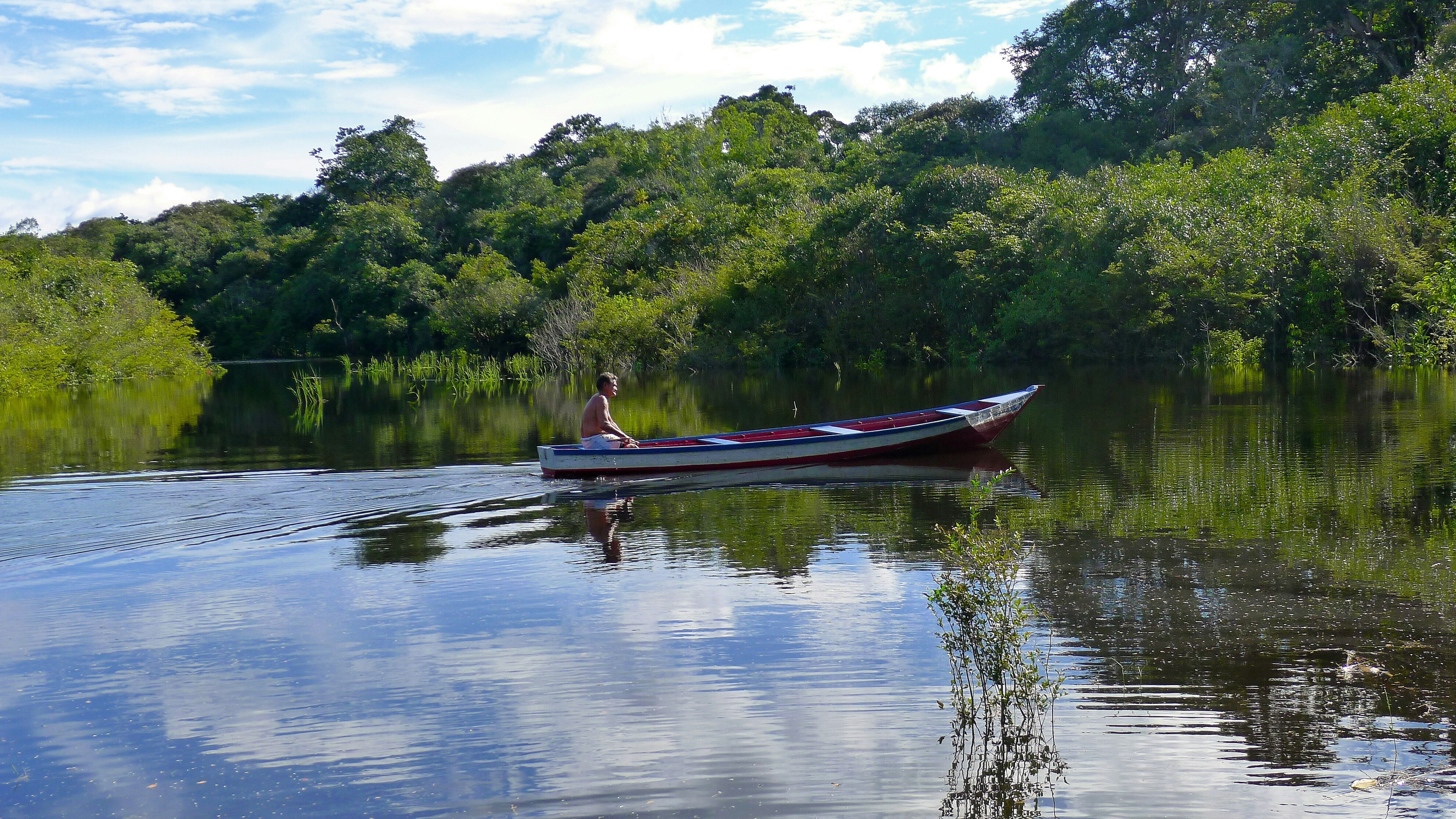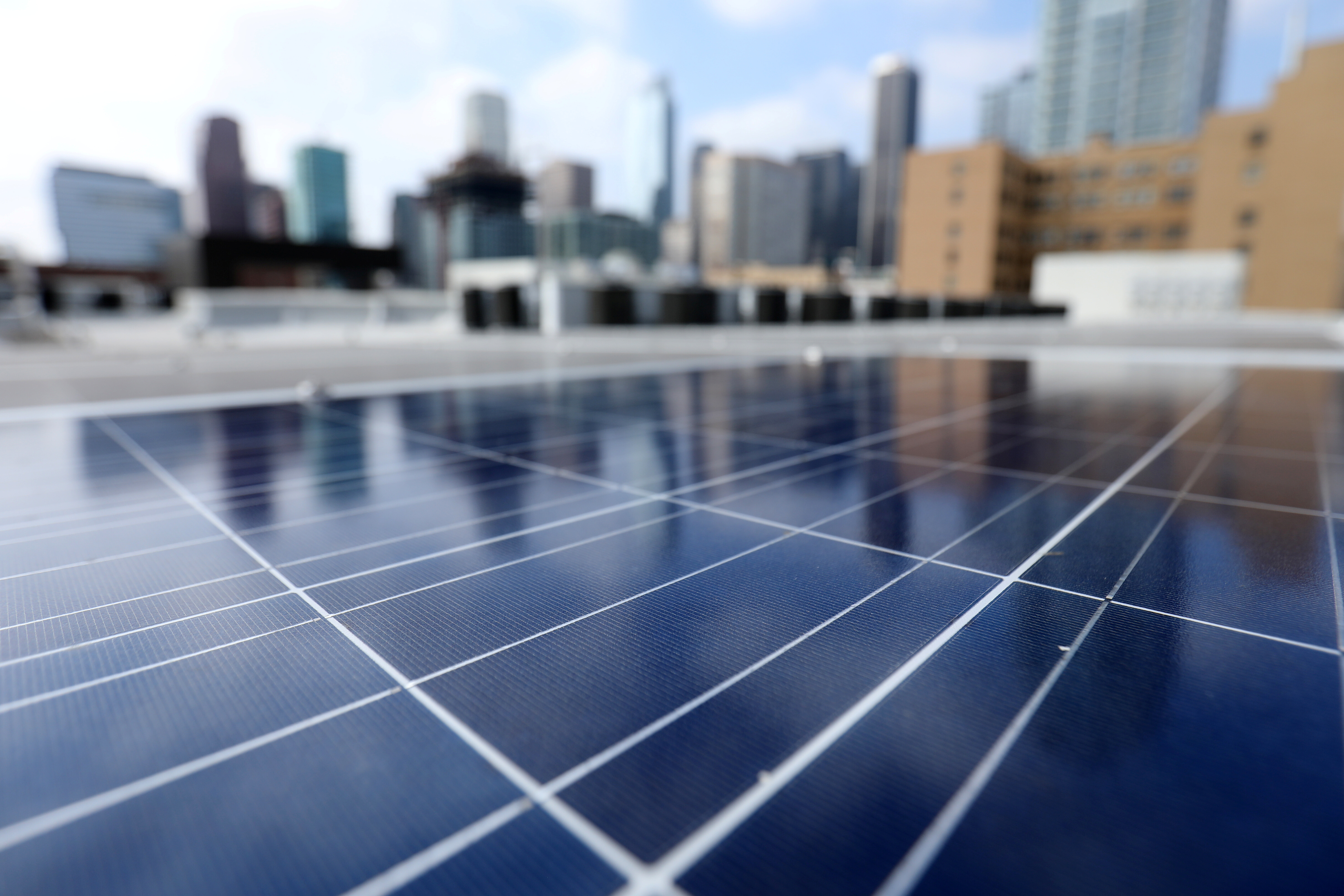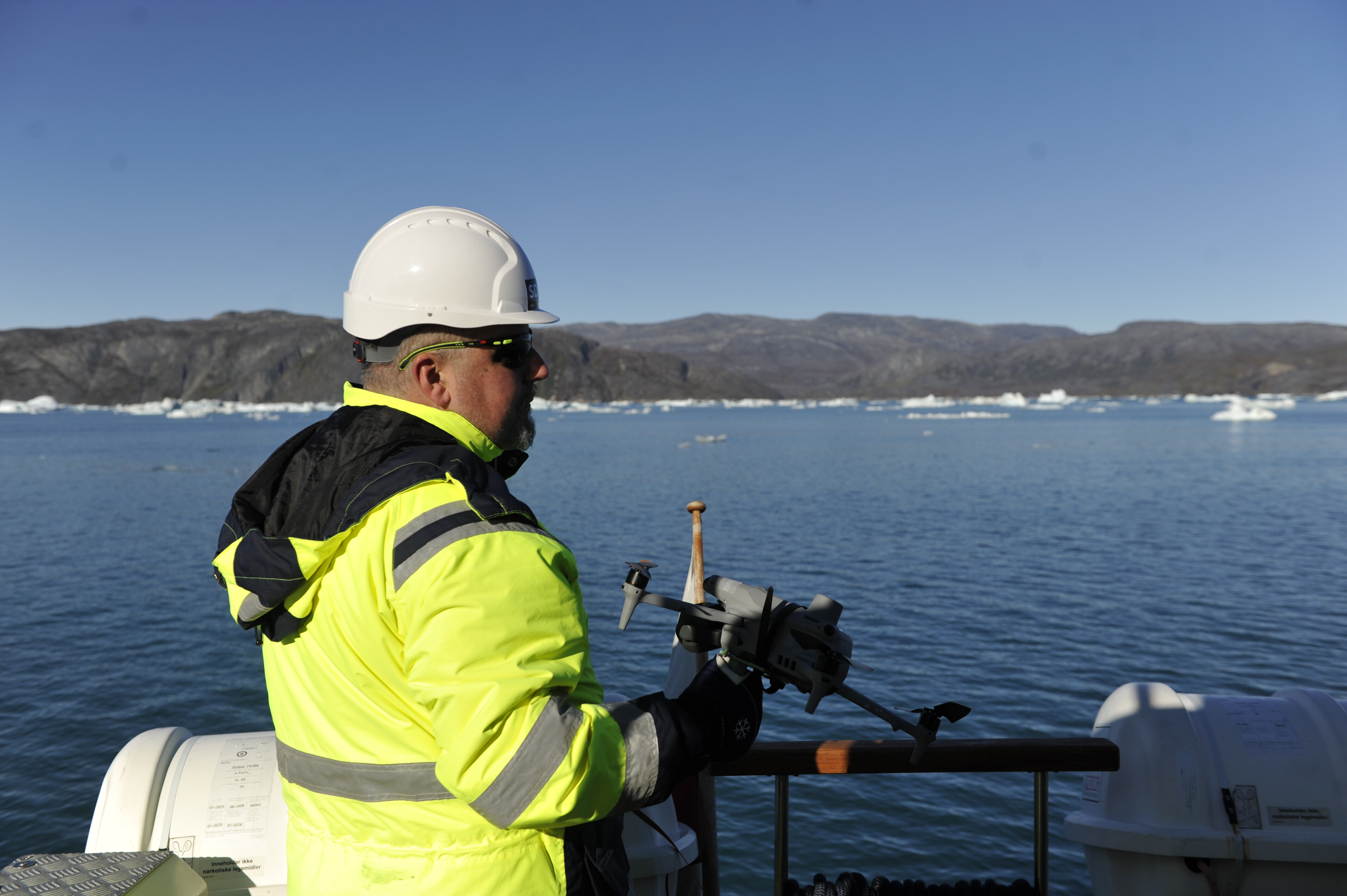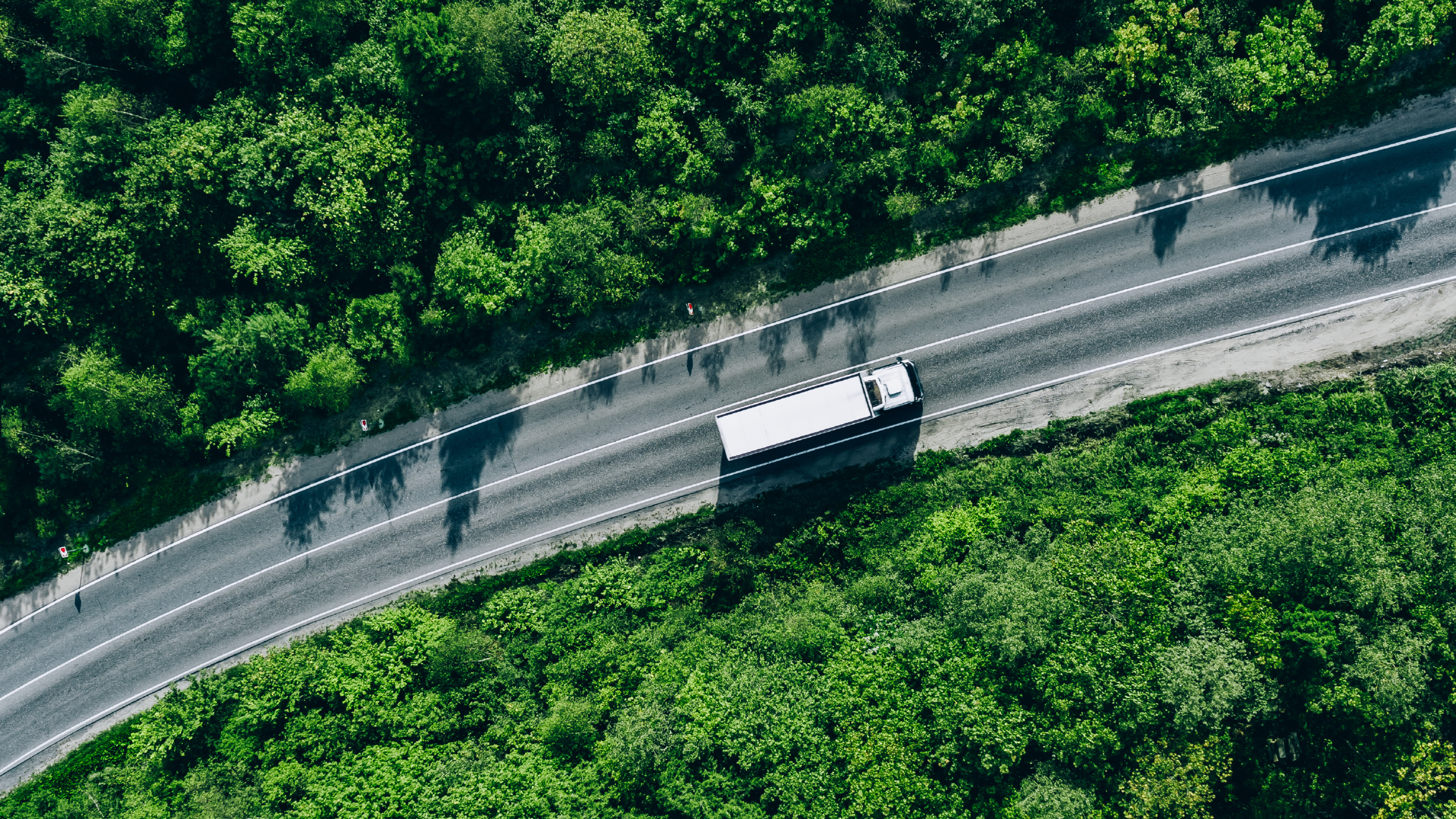Transforming Mauritius into a “blue” economy

Coming from the island nation of Mauritius in the Indian Ocean, I grew up surrounded by the sea, coral reefs and rich marine life. With a vast maritime zone of 2.3 million km2, this coastal and ocean territory holds an immense potential for development, which could play a vital role in the future economic well-being of Mauritius.
As an investment adviser in the country’s marine industry, it is exciting to witness the country transform itself from a small island developing state to a more developed “blue” economy ocean state. But this can only come about through the sustainable development of our resources, particularly our fisheries.
Sustainable fisheries remain an important item on the political agenda. Recently, the Mauritius Oceanography Institute deployed a Wave Data Buoy, which provides near real-time wave observations data every 30 minutes via GSM. This allows us to be prepared for extreme events and storm surges, as well as monitor sea level changes. Not only does this benefit the fishing industry in its planning, but also decision-makers for addressing environmental impacts, pollution and marine operations.
Mauritius forms part of the African Monitoring of the Environment for Sustainable Development (AMESD), a programme that addresses the need for improved environmental monitoring towards sustainable management of natural resources in sub-Sahara Africa.
As part of the AMESD programme, the Mauritius Oceanography Institute recently launched the AMESED-MOI website dedicated to addressing five regional thematic actions for the countries that make up the Indian Ocean Commission, which includes Mauritius. The themes are:
- Water resources management
- Crop and rangeland management
- Agricultural and environmental resources management
- Mitigation of land degradation and conservation of natural habitats
- Marine and coastal management
The AMESD-MOI website provides a regional dataset in physical oceanography and marine climatology, with data disseminated on a weekly basis and available to the public.
If you are interested in learning more about AMESD and exchanging views on fisheries, oceans and the untapped potential of the marine resources of Mauritius, please contact me at xxxx.
Nawshin Mahadooa is an investment adviser to the marine industry in Mauritius. She is a Global Shaper from the Port Louis Hub.
Don't miss any update on this topic
Create a free account and access your personalized content collection with our latest publications and analyses.
License and Republishing
World Economic Forum articles may be republished in accordance with the Creative Commons Attribution-NonCommercial-NoDerivatives 4.0 International Public License, and in accordance with our Terms of Use.
The views expressed in this article are those of the author alone and not the World Economic Forum.
Stay up to date:
Climate Crisis
Forum Stories newsletter
Bringing you weekly curated insights and analysis on the global issues that matter.
More on Climate Action and Waste Reduction See all
Sergio Mujica
November 19, 2025







